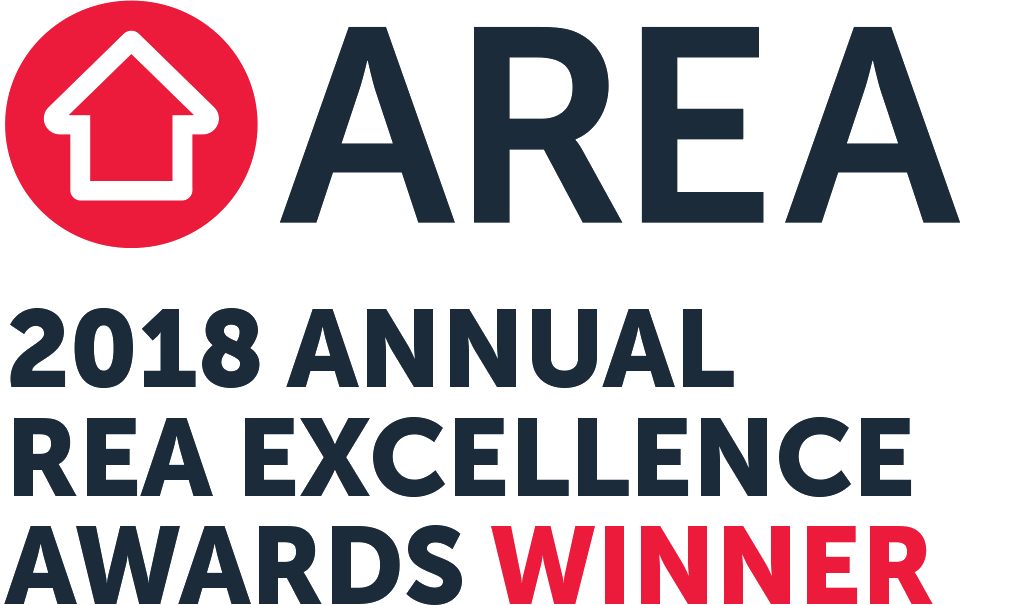Nov 16th, 2018
A better way to do development and bring community along
Deliberative development could go a long way to replacing
the more typical adversarial approach, argues Panos
Miltiadou, managing director of Lucent.
Most people accept that Melbourne needs smart solutions to
its population growth. The city’s populace is set to almost
double by 2050, and 70 per cent of housing requirements will
need to be built as infill in existing suburbs.
Unfortunately, as things stand, the way infill is planned
can be a recipe for conflict. Many ethical developers look
only to develop properties that have been clearly earmarked
within areas of intended growth. But often, home owners have
no easy way of finding out how their area is zoned before a
development is proposed.
Currently, developers usually begin with a pre-application
meeting with a council’s planners. Yet, the problem is that
it’s difficult to consult with the community. Residents hear
about development proposals way too late – and the stage is set for an adversarial process.
There are more proactive ways to consult within communities,
such as erecting signs, telling people where they can find
information online, and creating surveys to ask the
community and potential buyers what they want to see in
a development.
At Nightingale and Lt. Miller for example, the consultation
process revealed that sustainability and community were the
highest priorities for that market. Purchasers wanted
spaces where they could meet each other, talk to neighbours
and mingle when sharing facilities. They wanted communal
gardens and the best possible ecologically sustainable
development (ESD).
All of these things mattered to that particular community –
and were aligned with the sustainability and energy
expectations of Moreland Council.
Currently, planning applications go through the council
process, where representatives of both sides work with a
VCAT facilitator to discuss the application. Ultimately you
aim to come up with a binding agreement that everyone can
sign. Otherwise, it comes down to adjudication when often
neither side is the winner.
But what if this process was the beginning, not the end? A
truly deliberative process that took place at the earliest
stages of the planning process at council level, which
increased transparency around zoning expectations. Until we
can change the planning system itself, that’s what is worth
working for.
by Panos Miltiadou
View original article from the Fifth Estate


